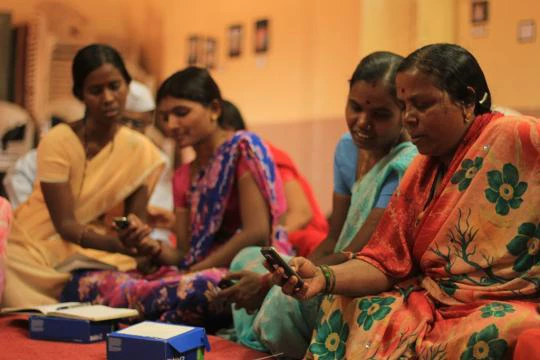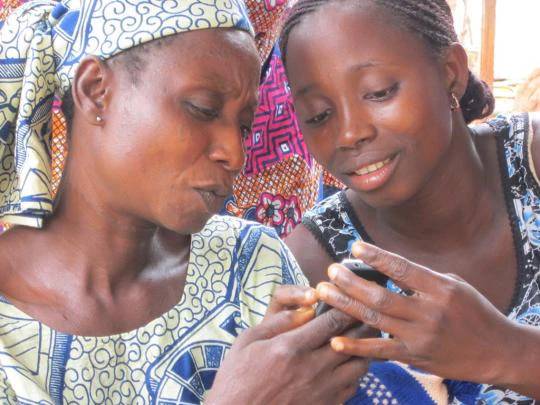For those trying to address challenges in global poverty, inclusive businesses offer solutions to some of the world’s most intractable social problems. Business models that create value for the low-income communities are becoming viable - these have been tested, fine-tuned and perfected by some of the finest brains. Once perfected, it makes sense to contextualize and spread these innovations or the knowledge to markets across the globe. To be able to do this, replication is an important tool.
Take for example, the microfinance industry that started in Bangladesh and spread across the world, or the mobile money revolution started by M-Pesa in Kenya. More recently, Greenlight Planet, an Indian off-grid solar lamp manufacturing and distribution company has expanded to over 15 countries in Africa and now looking at Southeast Asia market. Another enterprise GEWP (Global Easy Water Products) that provides low cost micro-irrigation systems to smallholder farmers expanded to Kenya. Across the world similar experiences are playing out. Developing countries have similar challenges and a shared socio-economic context, and therefore the case for replication is even stronger. Recently, I spent several weeks in East and South Africa, meeting governments, investors, multilaterals, and businesses. There seems to be an increasing need and demand for collaboration amongst developing countries to share experience, evidence and expertise. For inclusive businesses then, a formal support ecosystem to capture this demand and encourage replication becomes a priority.
While replication is a promising approach for scaling, it is also challenging, particularly for small and medium inclusive businesses. Many successful business models have failed to take off when taken to other markets and environments. And while there is no ‘one size fit all’ solution, a systematic approach is needed to attempt cross-border replication. Inclusive businesses need to do an internal assessment along with target market assessment before considering expansion. The bigger question is ‘How’ - How do businesses assess their internal readiness to replicate? How do they prepare for replication? What tweaks in the business models do they need to make? Which markets and formats for replication are most suited for their product/service? Finally, how can we create a more enabling ecosystem to accelerate the pace of scale and reduce their chances of failure?
Our new study ‘Corridors for shared Prosperity’, attempts to answer these questions. It is a deeper exploration into how enterprises replicate and share evidence on what works. It draws insights from practitioners and 11 businesses that have already attempted transfer and provides a roadmap for cross-border transfer of businesses. These insights have also been distilled into the form of a toolkit that helps businesses perform internal readiness check, prepare for replication and make informed choices in terms of the target market, format for replication, and partnerships.
The report focuses on one way transfer between India and Africa and on select sectors where we are seeing the maximum cross-border replication activity – Agribusinesses, Health, and Renewable Energy. Over the last decade, both India and Africa have made huge strides in development. Despite this progress, over half the population in India and two-thirds in Sub-Saharan Africa lives on less than $2 a day. At the same time, common experiences such as a similar colonial history, the struggle against poverty and deprivation, have led to shared concerns and innovations in addressing the challenges. A host of Indian businesses are looking at Africa as the new frontier market for expansion and vice-a-versa. Cross border trade between the two regions is expected to grow to $100 billion in 2015. The study is our first step towards building a multi-stakeholder platform for encouraging systematic and sustainable cross-border transfer of inclusive innovations, knowledge, and business models.
The World Bank Group has set for itself an ambitious goal of boosting ‘shared prosperity’ among the poorest 40 percent in developing countries. Inclusive businesses may not figure in the list of Fortune 500 any time soon but with support they can become sizeable enough to move the needle and become approaches that help achieve this goal.
The study released at the Sankalp Africa Summit 2015 on Feb 6. To download a copy of the IFC-Intellecap report, click here




Join the Conversation